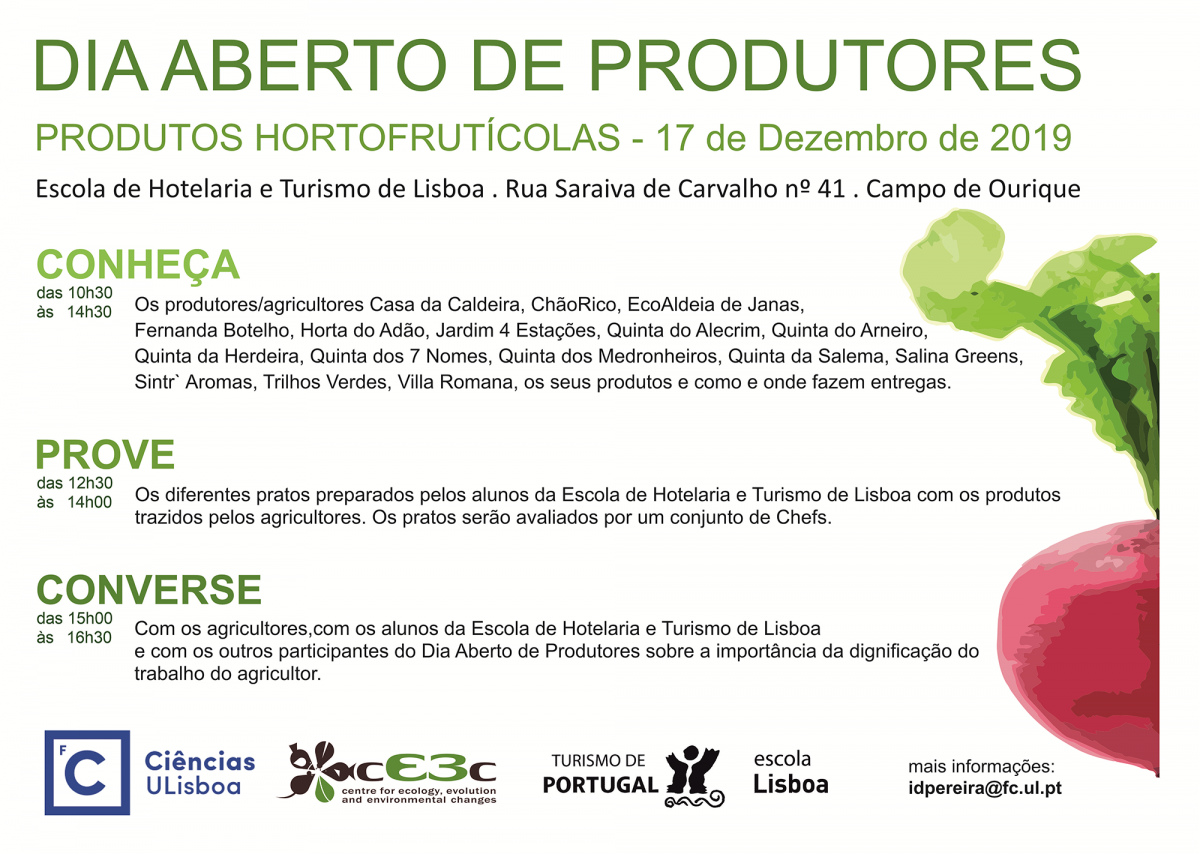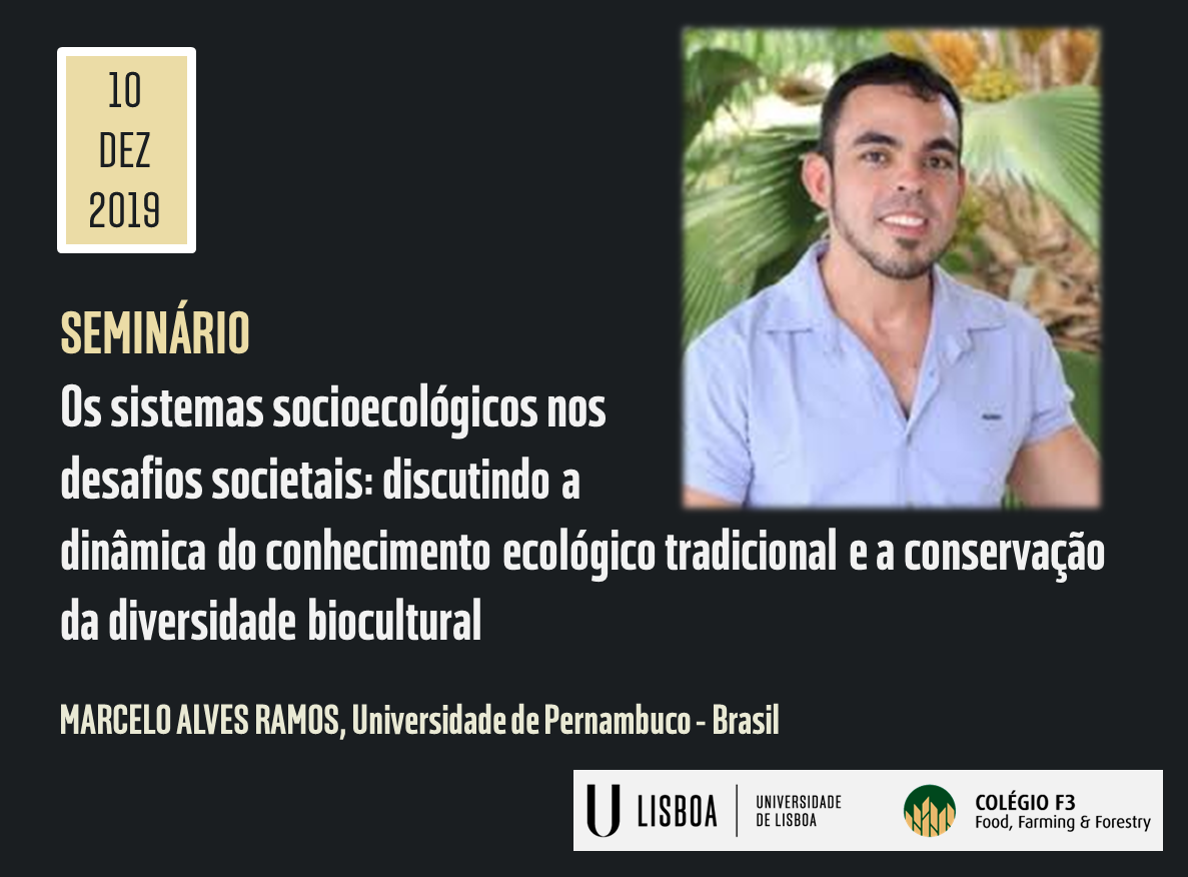Stable isotopes in Ecology and Environment: a tool to integrate scales and complexity
Overview: Currently, climate changes or alterations are known to be reflected on the stable isotope ratios of Hydrogen, Nitrogen, Carbon, Oxygen and Sulphur present in atmospheric gas forms, fresh or ocean water, as well as in plants and animals and organic matter in the soil. Samples from those matrices can provide a record for such changes across a given length of time and / or space. Also, ecological and physiological processes often reflect on stable isotope ratios, again setting a record in plant, animal or other living tissues.



